The top 10 questions to ask when interviewing
An interview is a fantastic opportunity to learn more about your candidates – on top of information about their previous experience and skills you can learn a lot about their personalities, values, how they react, their sense of humour…in short how they will fit in with the team and your company culture.
Along with the fact gathering questions about previous experience and skills that relate to the job, here are our top 10 questions to make sure you ask when interviewing that will give you a better idea if the candidate is the right fit:
Q 1 – If you could design the ideal job for yourself, aside from this one obviously, what would it be?
This gives you a chance to learn what is important to the candidate as well as their preferences on things like working independently vs as part of a team, special interests they may have, or the type of environment they are likely to succeed in.
Q 2 -Why do you want this job?
If you were offered it, is there anything that might stop you from accepting? This gauges the candidate’s interest level in the job and the company as well as highlighting any concerns they may have or potential stumbling blocks like a counteroffer from their current employer.
Q 3 – Tell me about a time when…, how did you handle it and what was the outcome?
Tailor this to behaviours you have identified are essential to the role you are recruiting for. Eg if problem solving skills are essential ask them to tell you about a time when they faced a problem, how did they solve it and what was the outcome?
Q 4 – What type of people do you like to work with?
This will reveal values and give you an idea how well they will fit in to the existing team.
Q 5 – What has been your greatest achievement? How did you do it?
Again, delves into the candidate’s values, what they deem to be important and what they consider to be an accomplishment. Do they mention anyone else who helped them attain that achievement?
Q 6 – Tell me about a time when you had to overcome a major obstacle that stood in the way of you accomplishing a goal or commitment.
You will get a clear picture of the candidate’s past performance as well as information about his or her problem solving style and you also learn about what the candidate considers to be an obstacle. You may also learn about his or her interaction style with co-workers, how they handle stress and how they set and accomplish their goals.
Q 7 – Tell us about a time when things didn’t go the way you wanted, like a promotion you wanted and didn’t get, or a project that didn’t turn out how you had hoped.
Answers tend to fall into three basic categories: 1) blame 2) self-deprecation, or 3) opportunity for growth, #3 is the one that gets you further along in life.
Q8 – What has been your most difficult or challenging career relationship and what was the result of it?
There can be many layers of skill revealed in the response, ranging from simple problem solving to the way career politics is viewed and worked around. No matter what the job title is, people skills are always important.
Q9 – What are you not good at, how could you improve?
Nobody is perfect and people who are not only aware of their weaknesses but have a plan in place to compensate and/or improve in that area have a leg up on the competition.
Q 10 – Why? How?
Ask the follow up questions, don’t be afraid to probe into those red flags on the CV or to ask further questions if you aren’t satisfied with the answers. Keep asking until you are satisfied.
Struggling with the interview process? Give our friendly and knowledgeable team a call today to discuss your needs and put your recruiting in the hands of the experts, 01492 517 602 / 01248 67 477.
Our Awards and Accreditations
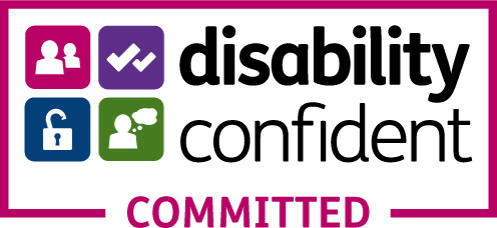
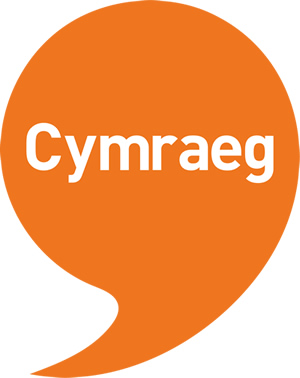


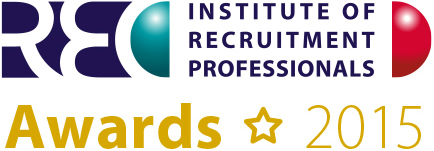
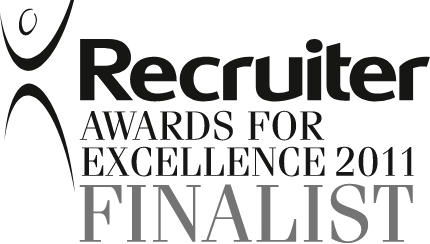

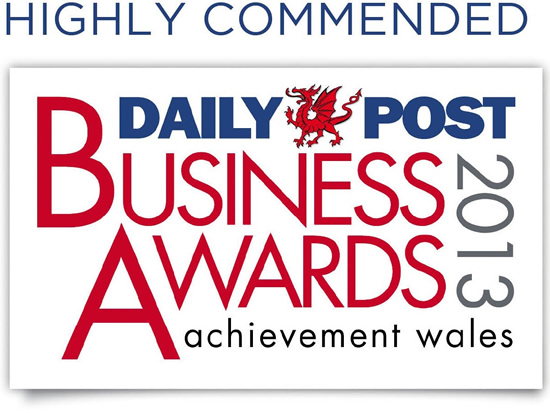





 03333 235 900
03333 235 900 Login / Register
Login / Register
